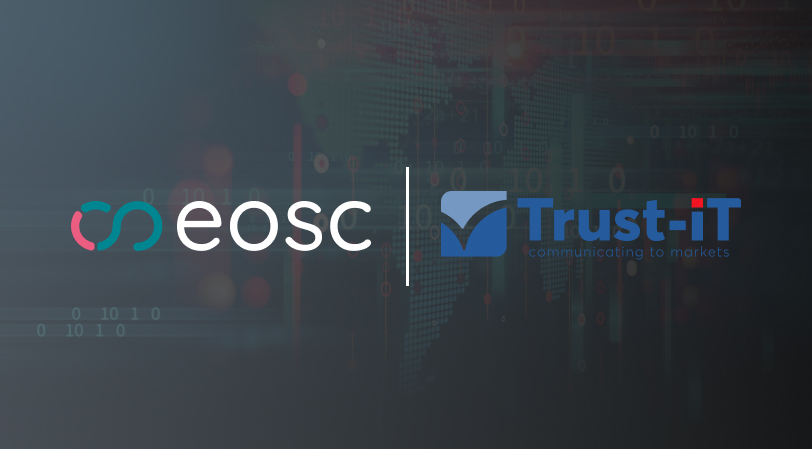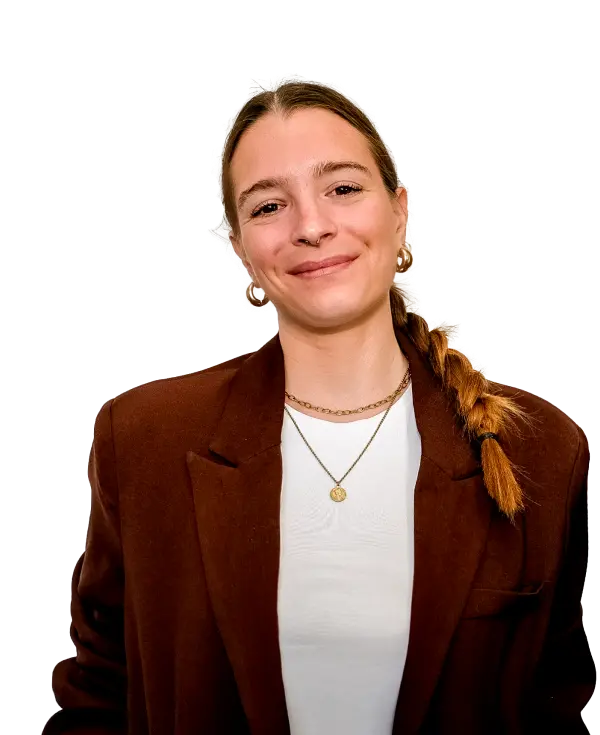
The EOSC Symposium 2024, held in Berlin last week, gathered over 460 on-site participants and more than 900 online listeners from the European Open Science Cloud (EOSC) community to discuss ongoing efforts to enhance scientific research and data accessibility across Europe. The European Open Science Cloud (EOSC) is an initiative aimed at developing a federated 'Web of FAIR Data and Services' to enhance the accessibility of scientific data across Europe. It creates an open, multi-disciplinary environment where researchers can publish, find, and reuse data, tools, and services, ultimately fostering collaboration, innovation, and reproducibility in science.
The launch of the EOSC EU Node
The highlight of the event was the official launch of the EOSC EU Node, designed to provide streamlined access to scientific data, publications, software, and services for researchers.
The EOSC EU Node was officially unveiled on 10 October in collaboration with the European Commission’s Directorate-General for Research and Innovation (DG RTD). This new gateway will serve as a centralised hub for European researchers, supporting a federated approach to Open Science by integrating national, regional, and thematic nodes. This build-up phase is set to begin shortly, incorporating various node categories across Europe to improve data-sharing capabilities. The build-up phase will help the Tripartite Governance to gain experience from cooperation between the EOSC EU Node and the individual future EOSC Nodes, and to test the different aspects of the EOSC Federation Handbook in practice.
The EOSC Symposium 2024 agenda featured several notable speakers who contributed valuable insights into the future of Open Science and data management. Keynote presentations included Claudia Draxl, Professor for Solid-State Theory at the Physics Department of Humboldt-Universität zu Berlin and Director of FAIRMAT, who discussed the role of FAIR (Findable, Accessible, Interoperable, and Reusable) principles in scientific research. Julia Lane from New York University also addressed the symposium, exploring the interplay between FAIR data practices and AI, and how these elements can support innovation in data accessibility and management. These sessions, along with contributions from other speakers and panellists, underscored the importance of robust data infrastructures in supporting collaborative research across Europe.
Trust-IT’s contribution to the EOSC Federation
Trust-IT Services is one of the members of the EOSC Association, and as so it is supporting the consultation activities currently in place at working group levels to define the requirements and specifications of the Federation to be, for instance by responding to the Consultation on the EOSC Federation Handbook.
The symposium offered an opportunity to present thematic projects, with Trust-IT showcasing Blue-Cloud 2026 in the session on thematic contributions to EOSC. This project, aiming to establish a thematic node within the EOSC framework, was met with interest, particularly regarding its potential for sustainable, federated access to marine data. Other sessions and Unconference sessions were organised or attended by colleagues from FAIR-IMPACT, FAIRCORE4EOSC, BIO-DT, OSCARS, EUDAT. Destination Earth was also on the agenda, together with FAIR and AI which was at the core of the opening speeches and very heavily present in all the sessions.
Trust-IT Services also supported the symposium’s technical operations, enabling session management and ensuring that live presentations, participant interactions, and troubleshooting were handled smoothly.
The EOSC Symposium 2024 highlighted the European scientific community's efforts toward advancing Open Science. Trust-IT Services is pleased to support these developments and continues to work closely with EOSC in promoting open, accessible, and collaborative scientific research.
